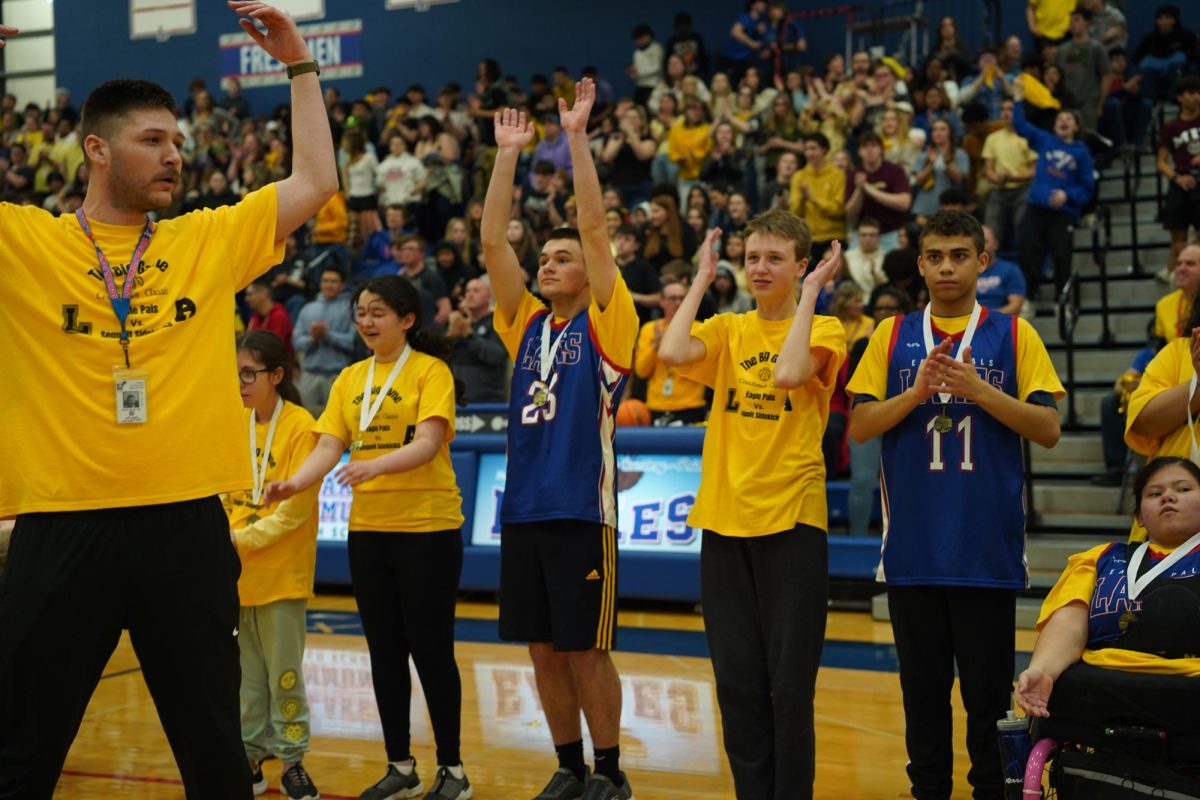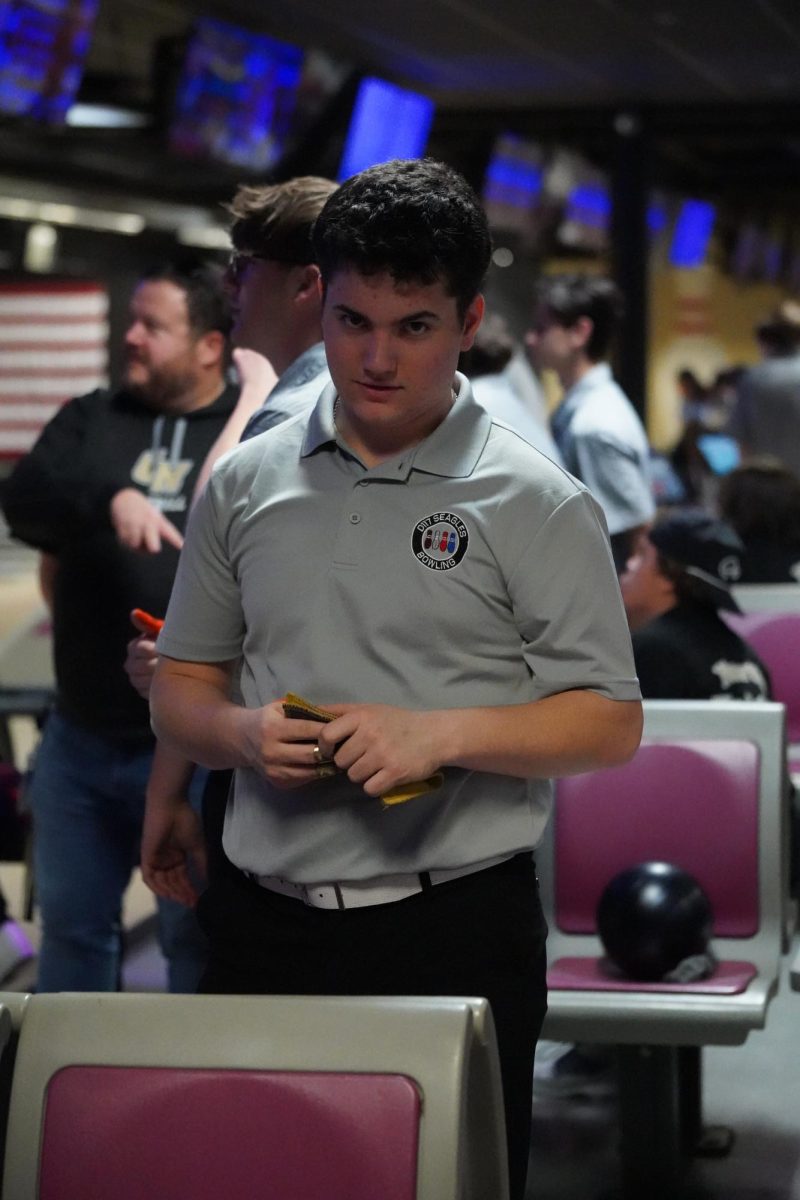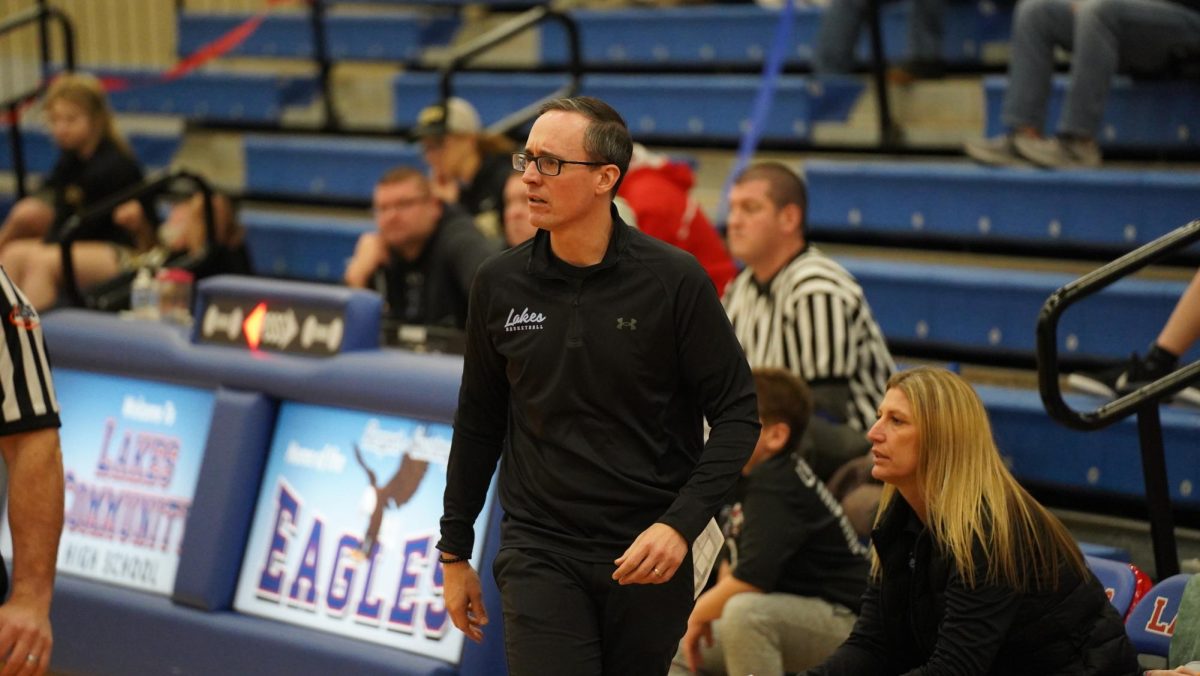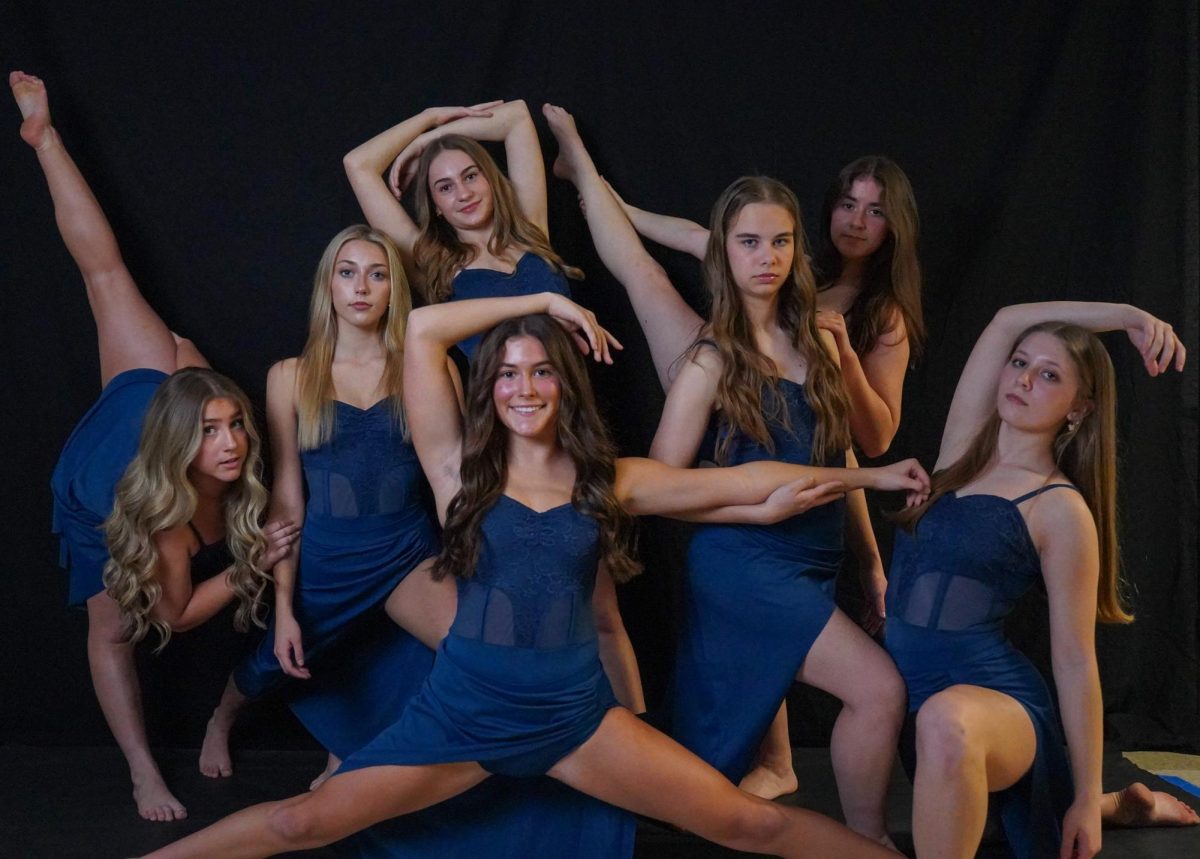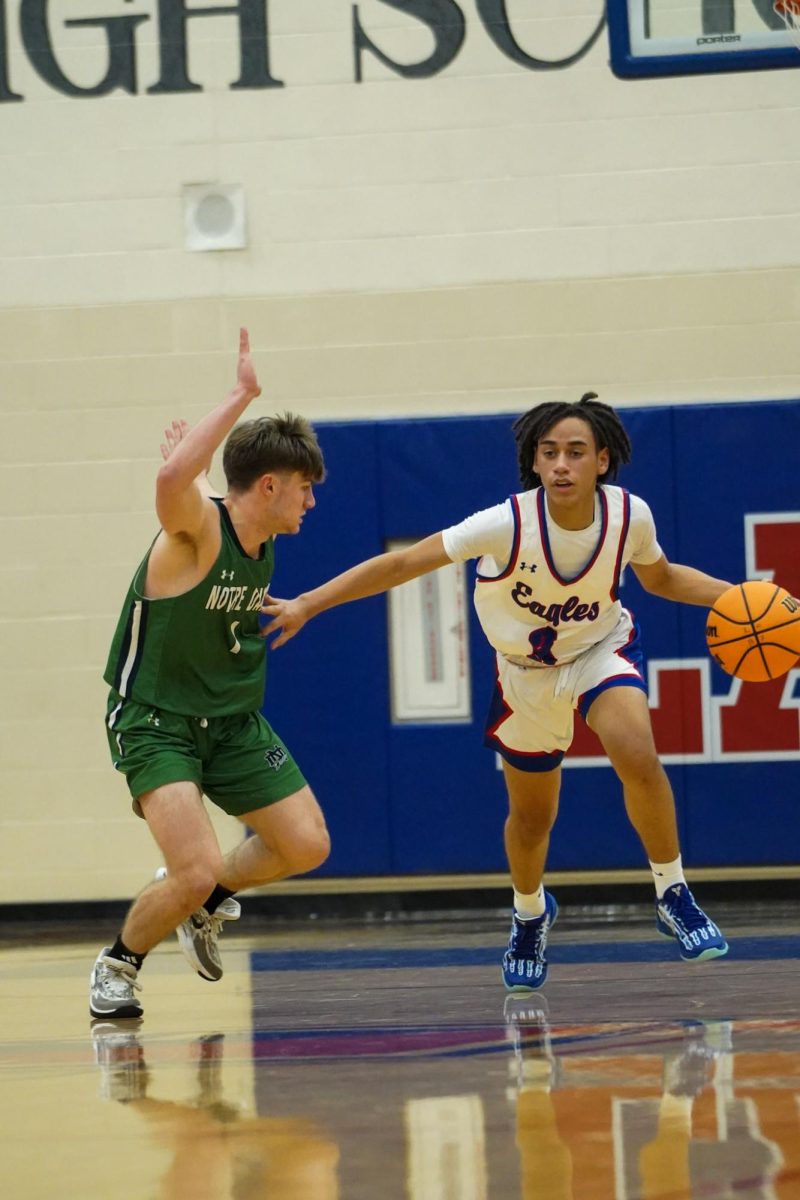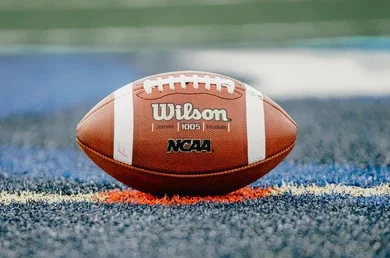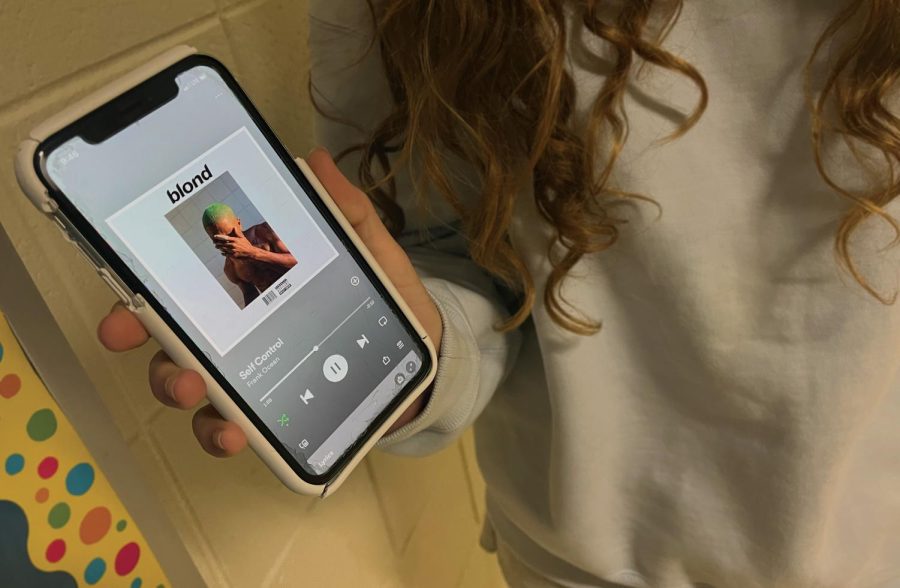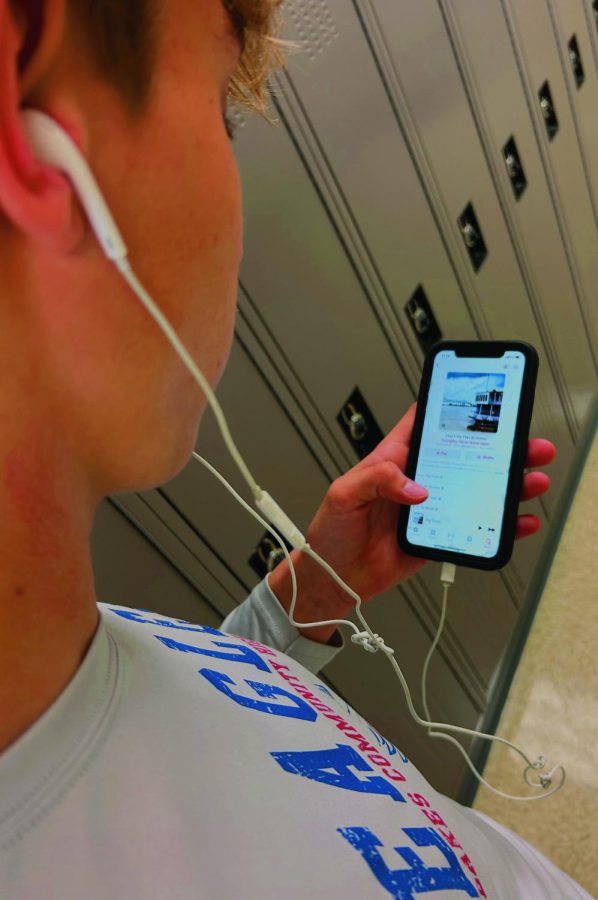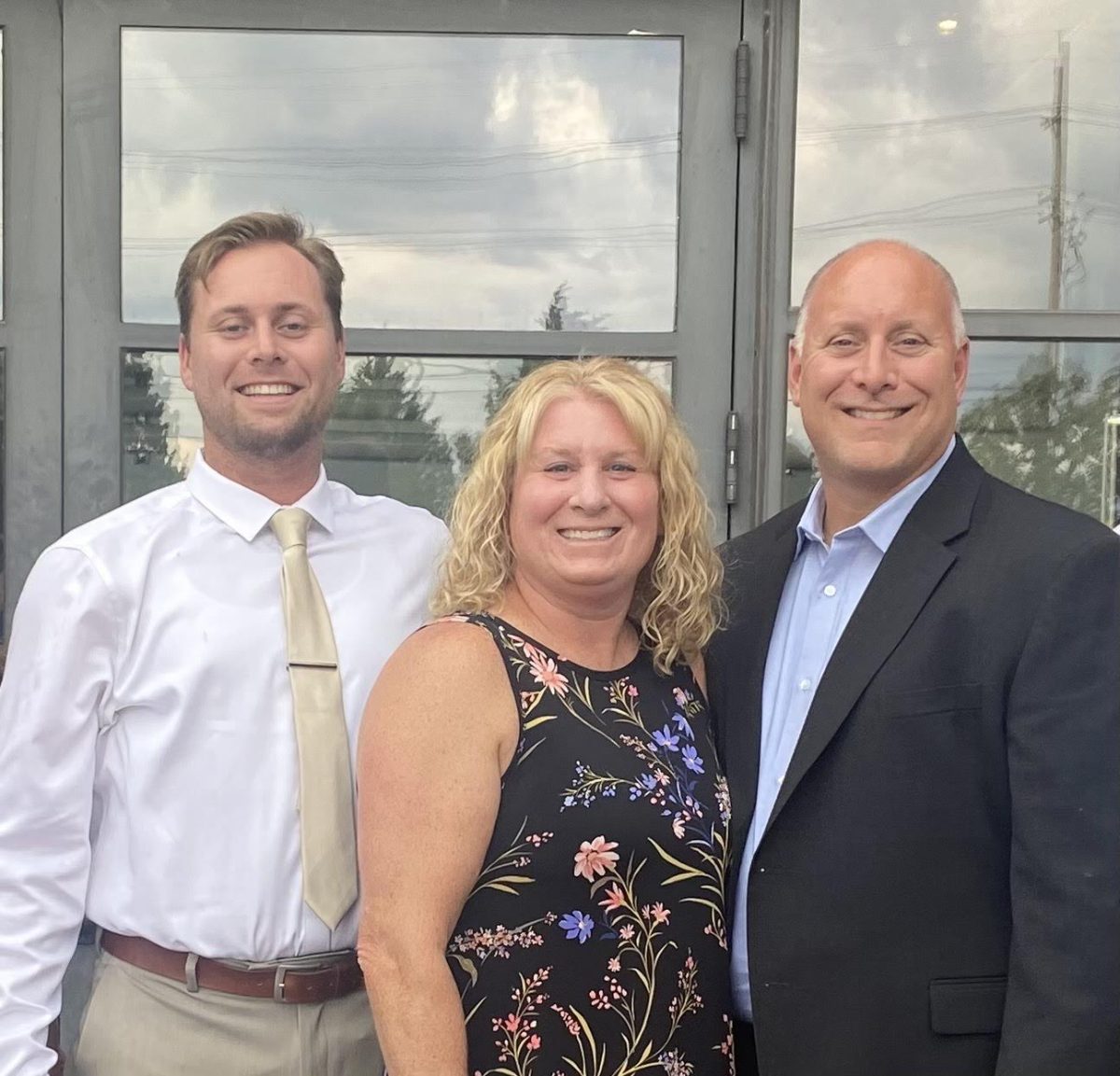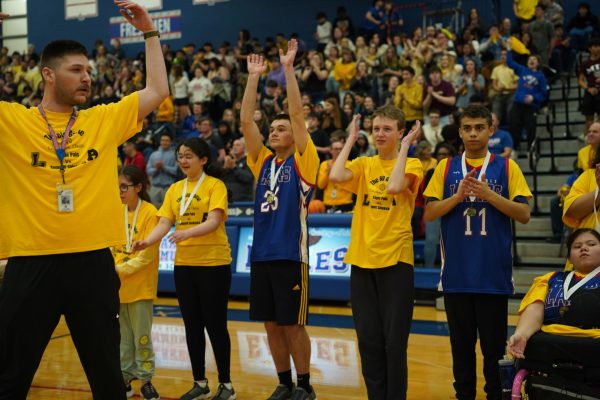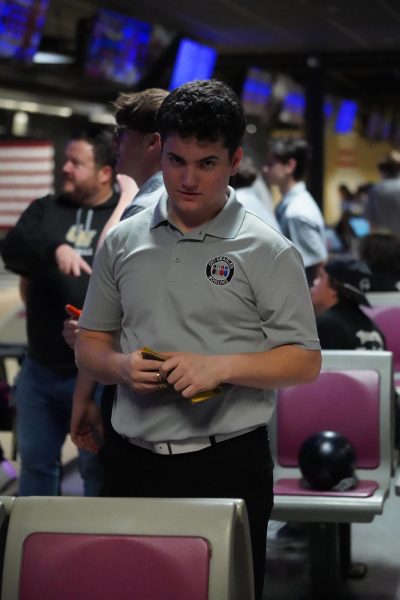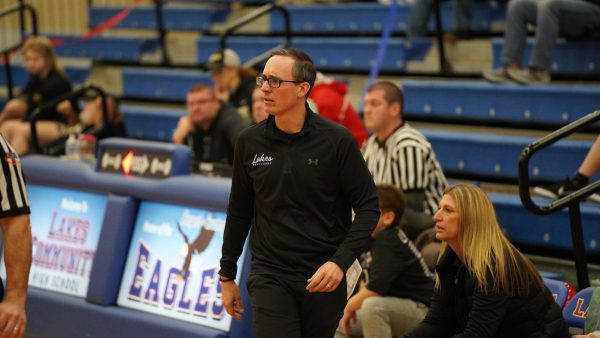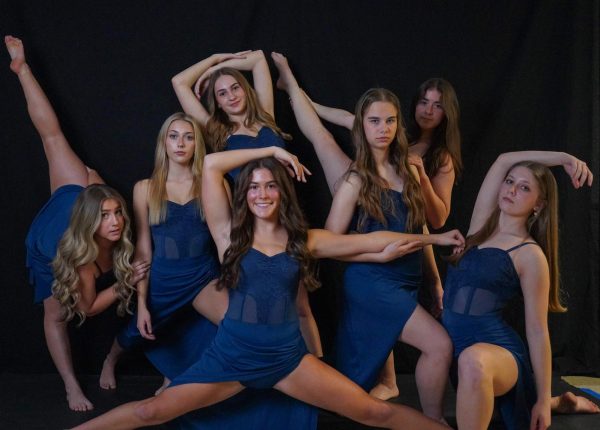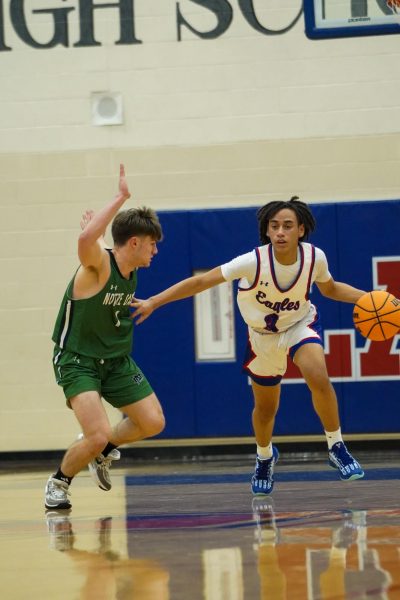More than Just Basketball in Orlando
On the morning of August 26th, everything seemed to be going as planned in terms of the NBA’s playoff schedule in Orlando, Florida. There would be three games on that day, those being the Orlando Magic vs. the Milwaukee Bucks, the Oklahoma City Thunder vs. the Houston Rockets, and the Portland Trail Blazers vs. the Los Angeles Lakers.
Then, something happened before the start of the Magic vs. Bucks game that would alter the course of the sports landscape drastically: the Bucks refused to walk out of the locker room and onto the court. The Magic were practicing before the game while the other half of the court stayed empty. Eventually, the Magic got off the court and the game was postponed.
During this development, the other four teams playing that night all agreed to do the same and boycott their games to bring attention to the ongoing civil unrest in Kenosha, Wisconsin. Their protest was brought on by the police shooting of Jacob Blake.
Before coming to Orlando to return to play, players in the NBA and WNBA both decided that it wouldn’t be appropriate to do so without paying attention to subjects such as police brutality. Some examples of this include the courts saying “Black Lives Matter”, players being allowed to put league-approved messages on the back of their jersey above their number, and kneeling during the National Anthem.
The boycotts spread across sports, such as some Major League Baseball teams, Major League Soccer, and the National Hockey League. In the MLS and NHL, coalitions made of Black and African-American players were created to help follow in the footsteps of basketball’s world-conscious response to such difficult topics. These coalitions proved vital, as thanks to their demands to boycott and postpone games like the NBA and WNBA, these leagues did the same.
Overall, as sports return from the brief boycott of games, players now have set a precedent that social issues will be discussed by the sports world and games may be boycotted and postponed. This season has shown that sports have become a medium of social commentary, especially when it comes to relations between people of color and the police.
